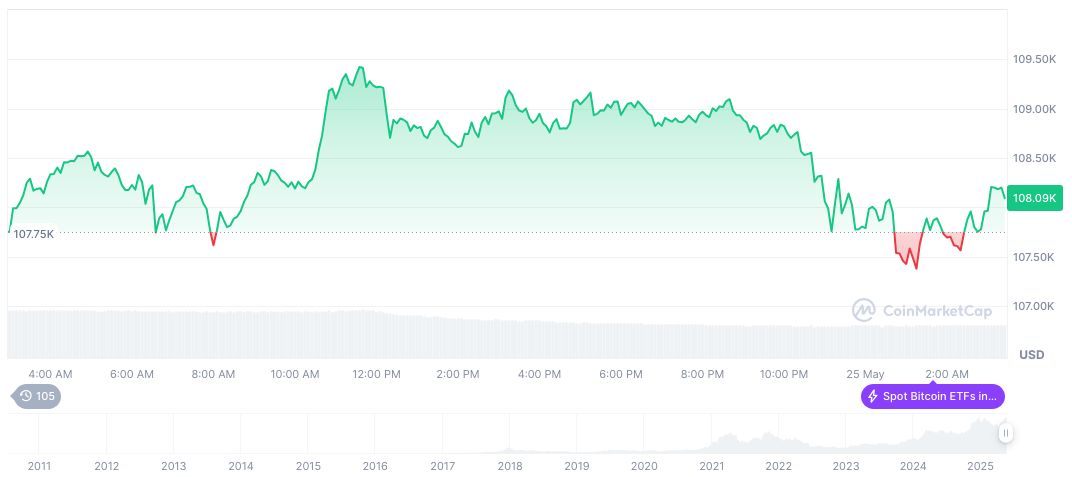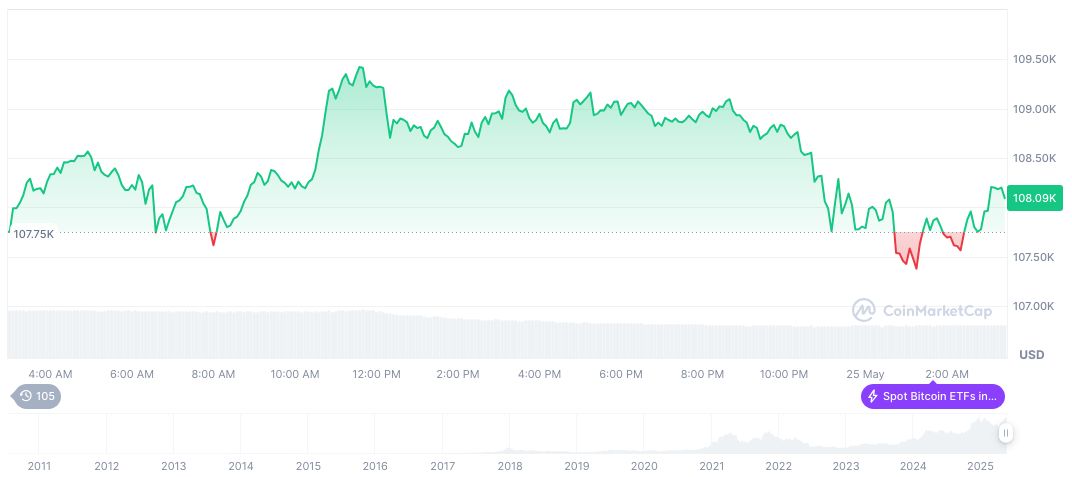- Japan’s 30-year bond yield surges to 3.20% after BOJ halts bond-buying.
- Economic comparisons drawn with Greece highlight fiscal challenges.
- Policy changes in Japan could impact global financial stability.
Japan’s halted bond-buying, initiated by the Bank of Japan, has considerably affected the market. The rise in bond yields indicates potential economic turmoil and increased borrowing costs.
The Bank of Japan’s decision to cease bond purchases marked a pivotal change, highly impacting the market’s supply and demand dynamics. Yields on long-term Japanese bonds reflect this, with the 30-year yield reaching 3.20%.
BOJ Policy Shift: Yields Reach Historic Highs
Within 45 days, Japan’s 30-year government bond yield surged by 100 basis points, reaching a record 3.20%, according to BlockBeats News. This shift follows a significant policy change by the Bank of Japan.
Japan’s economic landscape is now facing increased borrowing costs and fiscal strain. The government’s fiscal condition has been likened to Greece’s, accentuating economic challenges. Higher yields affect both public debt interest rates and the overall economic sentiment.
“Japan’s fiscal struggles mirror the challenges Greece faced, heightening the urgency for effective economic policy measures,” said a market expert.
Economic Impact: Fiscal Strain and Market Reactions
Did you know? Two years ago, the 40-year Japanese bond yield was 1.3%, indicating a striking increase to 3.5%. Such shifts underscore profound policy and market impacts in Japan.
According to CoinMarketCap, Bitcoin (BTC) remains stable, with a current price of $109,414.55, a market cap of $2.17 trillion, and a 24-hour trading volume of $45.57 billion. Recent price increases show a positive trend amid other market fluctuations.
Historical trends demonstrate that regulatory and policy changes significantly influence market behavior. The Japanese example reveals potential market resistance to prolonged yield increases, with implications for global investors. Japan’s economic measures could set a precedential impact on financial stability and regulatory approaches globally.
Source: https://coincu.com/339723-bojs-policy-shift-yields/

